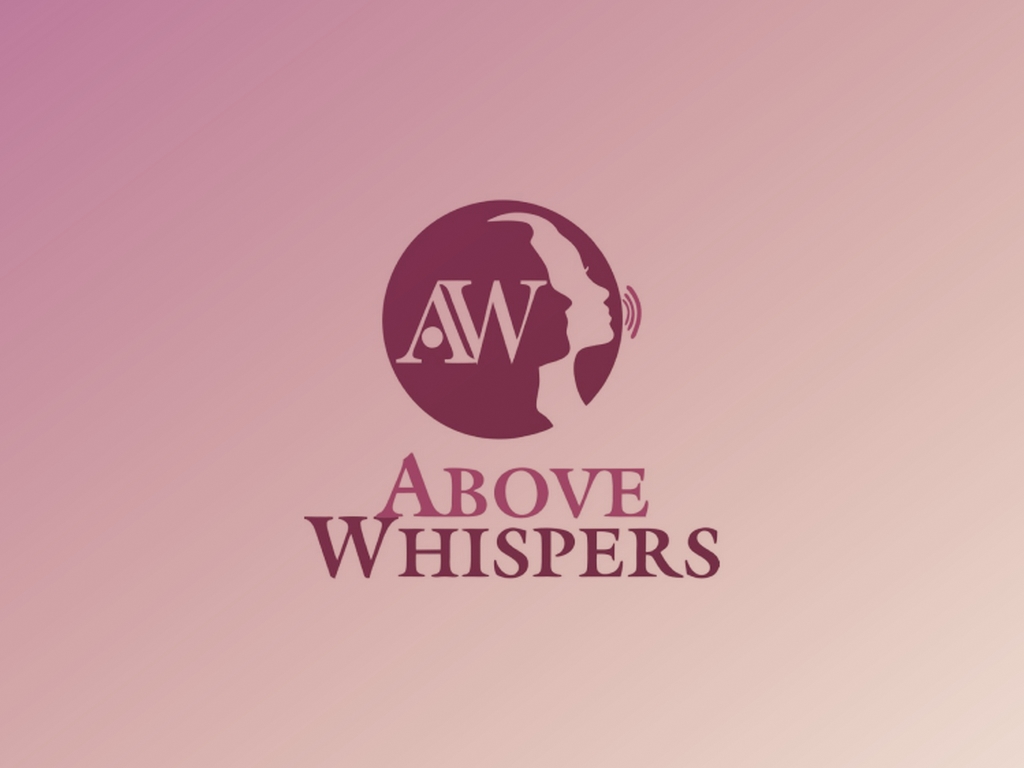Women’s activism within the various tribal groups that make up Nigeria goes back centuries and many groups have legends of heroic female leaders like Amina of Zaria, Moremi of lfe, Emotan of Benin and Omu Okwel of Ossomari. Nana Asma’u of the Sokoto Caliphate (1793–1864) is a model for some African feminists to date.
The Nigerian women’s movement goes back to the 1928 Women’s War in south east Nigeria and work and activism of Funmilayo Kuti, Margaret Ekpo, Oyinkansola Abayomi, Janet Mokelu, and Gambo Sawaba throughout the 1940s, 50s and 60s. The National Council of Women’s Societies NCWS founded in 1958 to act as an umbrella organisation for a growing number of women’s led initiatives in Nigeria. The 1995 Beijing Conference spurred even more organisations empowering women and protecting their rights.
Feminism as an organised political platform for the emancipation of Nigeria women emerged in 1982 after the first Women in Nigeria Conference in Ahmadu Bello University in0 Zaria. Women In Nigeria WIN was established in 1983 as one of its outcomes. WIN was decidedly socialist and theoretical in sharp contrast to the populist state funded Better Life for Rural Women BLP set up by Maryam Babangida in 1986.
WIN criticised BLP for being elitist and not representative or helpful to rural women. Nevertheless, BLP put women’s issues in the spotlight at all levels of the national discourse and had more popular grassroots support than WIN. Bene Madunagu, makes a similar distinction between the Nigerian women’s movement and Nigerian feminism here.
Since the emergence of WIN, Nigerian feminism and the Nigerian women’s movement have continued to develop side by side, frequently over lapping and working together to achieve legislative, political and policy objectives but never merging. The Nigerian Feminist Forum was created in 2006 and unequivocally supports women’s sexual and reproductive rights.
The Nigerian women’s movement includes gender and women’s rights activists, religious, political, professional and cultural women’s groups that provide protection, services and support to women and girls (as well as a good dose of indoctrination), women focused and women led NGOs and CBOs. More on Nigerian women’s modern political activism here.
Fumni Kuti and Margeret Ekpo worked closely with market women. Madam Alimotu Pelewura was powerful enough to resist the colonial government in the 1940s. Today, the powerful market women’s associations found in southern Nigeria are mostly absent from the Nigerian women’s movement. During the 1984 WIN conference in Ibadan they disagreed with the more radical organisers over polygamy, a patriarchal practice they insisted empowered them as traders and entrepreneurs.
The most powerful market women associations in Nigeria have been assimilated by the male dominated patriarchal political structure.
Lesley Agams is a feminist lawyer, she runs a family law centre in Abuja. She is a social entrepreneur, writer and runs a blog called MzAgams blog.


2 Responses
Okay???
Now I feel very educated about Nigerian feminism… Lol